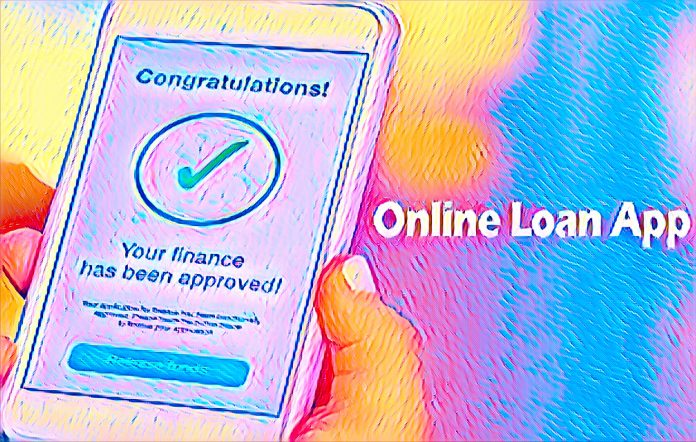Lagos, Nigeria – Mobile loan applications have revolutionized the financial landscape in Nigeria, driving an unprecedented demand for loans amounting to ₦1.22 trillion over the past year. This surge in digital lending reflects the growing reliance on technology to meet financial needs and the increasing accessibility of credit for many Nigerians.
The proliferation of mobile lending platforms has made it easier for individuals and small businesses to access quick loans without the traditional hassles associated with bank loans. These apps offer a convenient, user-friendly interface and streamlined application processes, often requiring just a smartphone and basic identification details.
Industry experts attribute this growth to several factors, including the widespread adoption of smartphones, increased internet penetration, and the need for quick financial solutions amid economic challenges. “The rise of mobile loan apps has democratized access to credit, making it possible for many Nigerians to meet urgent financial needs,” said Femi Ademola, a financial analyst based in Lagos.
The digital lending space in Nigeria has seen the emergence of numerous players, including Carbon, FairMoney, Branch, and Palmcredit, among others. These platforms leverage artificial intelligence and machine learning algorithms to assess creditworthiness, often providing instant loan approvals. The ease and speed of these services have made them particularly attractive to users who might otherwise struggle to obtain loans from traditional financial institutions.
Data from the Central Bank of Nigeria (CBN) indicates that mobile loan apps have filled a significant gap in the credit market. Many Nigerians, especially those in the informal sector, lack the collateral and credit history typically required by banks. Mobile lending apps have bridged this gap by offering unsecured loans, albeit at higher interest rates to offset the risk.
However, the rapid growth of digital lending has not been without challenges. There have been concerns about the high-interest rates and short repayment periods associated with many of these loans. Additionally, issues related to data privacy and the aggressive recovery practices of some lenders have sparked debates about the need for more robust regulatory oversight.
In response to these concerns, the CBN and the National Information Technology Development Agency (NITDA) have begun to tighten regulations around digital lending. These measures aim to protect consumers from exploitative practices and ensure that lending platforms operate transparently and fairly. “Regulating this sector is crucial to protect consumers and maintain confidence in digital financial services,” noted Maryam Musa, a fintech regulatory expert.
Despite these challenges, the impact of mobile lending on financial inclusion in Nigeria cannot be overstated. The accessibility of these loans has provided a lifeline for many small businesses and individuals, particularly during the economic downturns induced by the COVID-19 pandemic. For many, these loans have facilitated business operations, covered medical expenses, and met other essential needs.
The success of mobile lending apps has also prompted traditional banks to innovate and expand their digital offerings. Many banks now offer their own versions of quick, app-based loans, attempting to capture a share of this burgeoning market. “The competitive pressure from fintech has pushed banks to adapt and improve their digital services, which ultimately benefits consumers,” added Ademola.
Looking ahead, the future of digital lending in Nigeria appears promising. As technology continues to evolve and regulatory frameworks strengthen, mobile loan apps are expected to become even more integral to the country’s financial ecosystem. There is optimism that with the right balance of innovation and regulation, digital lending can drive economic growth and improve financial stability for millions of Nigerians.
In conclusion, the rise of mobile loan apps has dramatically reshaped the financial landscape in Nigeria, driving a substantial increase in loan demand and enhancing financial inclusion. While challenges remain, the ongoing regulatory efforts and the sector’s adaptability signal a positive trajectory for the future.
Source: businessday.ng



